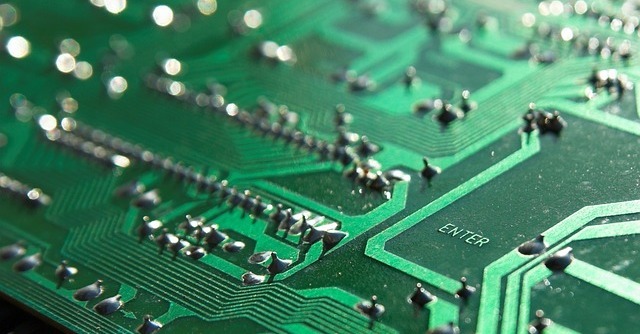
India-US team coordination, employee retention issues delay Google’s first custom SoC to 2025: Report


Alphabet’s Google has reportedly delayed the release of its first fully custom-built chip for its Pixel smartphones until 2025. A report published on Thursday by news website The Information citing two people familiar with the matter, said that challenges related to employee retention and coordination between the US and India teams, where a majority of its Tensor silicon engineers are based have contributed to the delay.
The report noted that Google had initially targeted a 2024 launch for its in-house ‘Redondo’ chip, which would replace the modified Samsung Exynos chipsets currently used in Pixel phones. However, Google’s decision to cancel the development of multiple Tensor chips over the past two years reportedly only further frustrated the team behind the Redondo project.
Google launched its first custom chip Tensor with Pixel 6 in 2021, but it was only a semi-custom chip. In the following year, i.e., in 2022, Google continued with the same technology for the second generation of Tensor chip called Tensor G2, which powers the Pixel 7 duo, Pixel 7a, and Pixel Fold. It was rumoured that with the third generation, Google may finally be able to move to a fully custom chip.

Google also intends to shift from Samsung to Taiwan Semiconductor Manufacturing Company (TSMC) for chip production, specifically for its Tensors. TSMC, known as the world’s largest contract chipmaker, serves major tech companies such as Apple and Nvidia.
Google said, it will now introduce a fully custom chip, named Laguna that is expected to be launched in 2025. According to the report, the company will leverage TSMC’s advanced 3-nanometer manufacturing process. The Laguna chip, also referred to as Tensor G5, will incorporate Integrated Fan-Out technology, which means, it results in thinner dimensions and improved power efficiency.
On the whole, Google's move aligns with the broader trend of technology companies looking to reduce reliance on chip suppliers. In April this year, Microsoft Corp said it is launching its own artificial intelligence chip code-named "Athena" that will power the technology behind AI chatbots like ChatGPT. Amazon’s cloud unit Amazon Web Services also introduced its own chips designed to power some of the high-end computing tasks such as weather forecasting and gene sequencing. AWS also introduced a chip called Trainium in 2020, which is designed to train machine learning computer models for a cost that is 40% lower than Nvidia's flagship chip.

For now, Google is expected to continue using its semi-custom Samsung chips for now before shifting over to TSMC. This year, Google is also set to release the Pixel 8 series, as per a Reddit leak report published earlier this week on upcoming handsets. These devices are expected to offer bigger batteries and Wi-Fi 7 among others.
